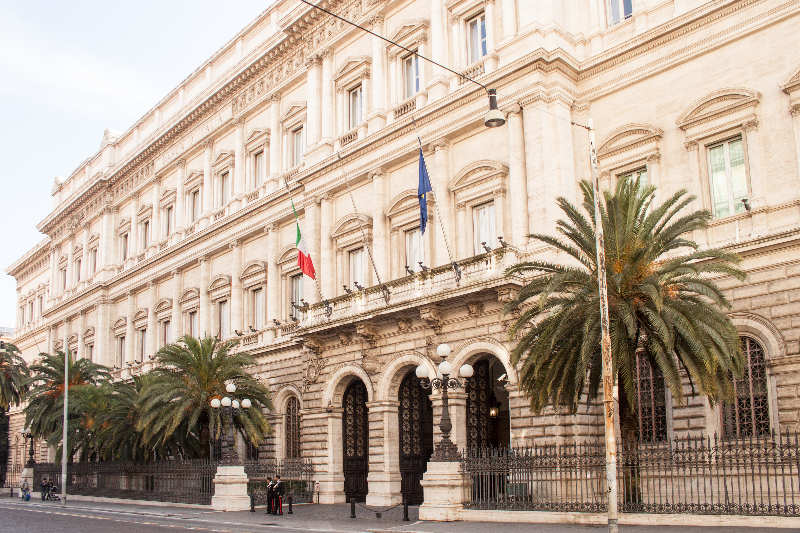 Italy’s financial regulator today warned against two unlicensed crypto companies involved in schemes to encourage investors to mine or invest in cryptocurrencies. The regulator started gathering information about these platforms after receiving complaints about them. A lesser-known FX broker called Richmond Investing was also blacklisted by La Commissione nazionale per le società e la Borsa (CONSOB).
Italy’s financial regulator today warned against two unlicensed crypto companies involved in schemes to encourage investors to mine or invest in cryptocurrencies. The regulator started gathering information about these platforms after receiving complaints about them. A lesser-known FX broker called Richmond Investing was also blacklisted by La Commissione nazionale per le società e la Borsa (CONSOB).
Italy’s watchdog has clarified that the companies in question don’t have any valid license of any kind. It stressed that Richmond Investing (www.richmondinvesting.com) – Crypton Ltd (https://cryptoforce.world) – Alessandro Brizzi (Cryptoforce Ltd) – Eagle Bit Trade are not authorized to promote its advertised products.
The first firm mentioned in today’s warning, Richmond Investing, claims to provide full investment services for multi-assets, promising investors high returns in short periods of time, the CONSOB describes.
This warning is yet another case in which Italian authorities seem to have stepped up their game and have gone after illegal cryptocurrency providers. The Italian regulator follows in the footsteps of other authorities in Europe which have recently taken serious steps to curtail crypto activities and stem the flow of unregulated and non-compliant companies.
However, Italy has allowed financial institutions to deal in virtual currencies, just that they are advised to wait until formal regulations are announced. Potential complications may arise if Italy’s stance becomes incongruous with that of the broader European Union (EU) or other member states.
In addition, the Italian watchdog has published a warning against a list of financial entities that have been listed as trading scams by other European financial regulators. This is why CONSOB advises Italian investors to check its registers before they deposit any funds with a broker, especially if the related broker used aggressive marketing techniques.
As the public authority responsible for regulating the Italian financial markets, CONSOB’s main activity is protecting the investing public.
(Photo: Wikipedia)

